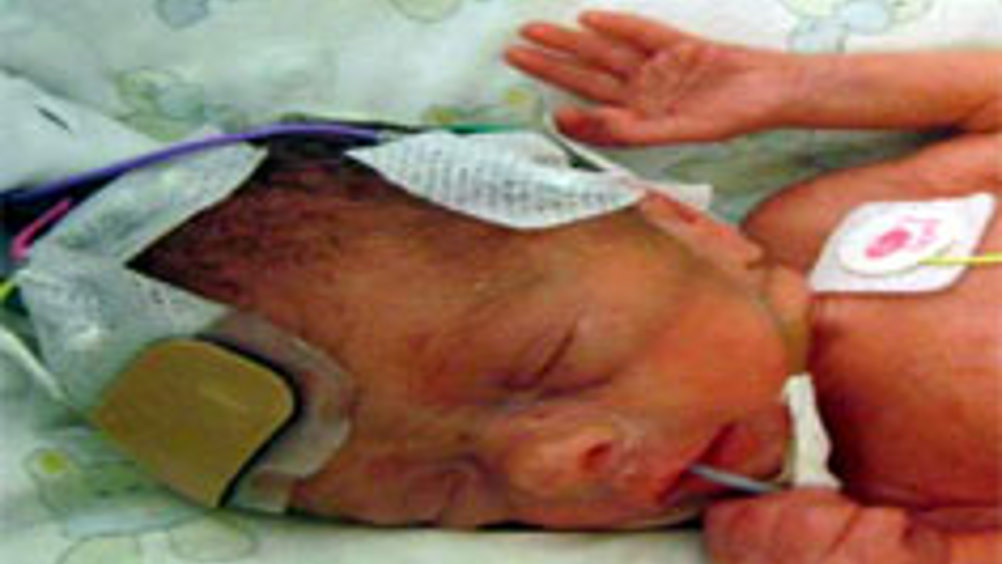EEG tool diagnoses baby seizures
A multidisciplinary team of clinicians, scientists and engineers at University College Cork (UCC) has developed a system that can analyse EEG data to help clinicians identify brain injury and seizures in newborn babies.

The only accurate technique available for diagnosing all seizures in babies is the EEG, which records electrical brain activity using small electrodes placed on the scalp. But highly specialised technical and medical personnel are then required to interpret the results.
Most neonatal units in Europe lack this expertise and have to rely on clinical judgement alone to diagnose seizures, which is known to be inaccurate. ’It was therefore imperative to develop a seizure-detection system that was simple to operate, easy to interpret and that provided reliable, accurate information,’ said Dr Gordon Lightbody of the Department of Electrical and Electronic Engineering.
Through SFI and Wellcome Trust funding, the team first developed a signal-processing system that could analyse the data from an EEG to help medical staff identify seizures in newborn babies without the need for an expert to interpret the results.
UCC’s Dr Liam Marnane and his team then developed the technology further for adult seizure detection through an SFI Strategic Research Cluster grant. This allowed the group to develop an ambulatory system that allows patients suspected of epilepsy to be monitored in their own home.
Register now to continue reading
Thanks for visiting The Engineer. You’ve now reached your monthly limit of news stories. Register for free to unlock unlimited access to all of our news coverage, as well as premium content including opinion, in-depth features and special reports.
Benefits of registering
-
In-depth insights and coverage of key emerging trends
-
Unrestricted access to special reports throughout the year
-
Daily technology news delivered straight to your inbox










Water Sector Talent Exodus Could Cripple The Sector
Maybe if things are essential for the running of a country and we want to pay a fair price we should be running these utilities on a not for profit...